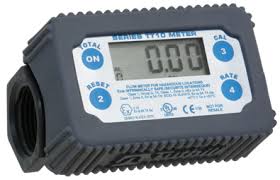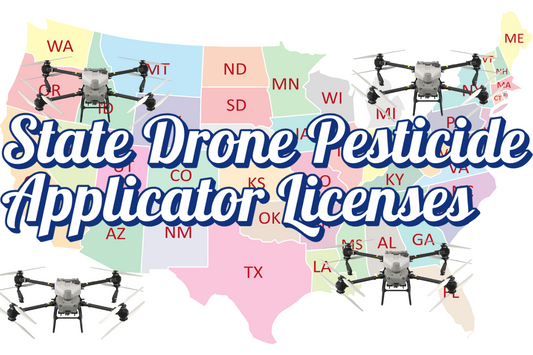The Future of Farming: Agricultural Drones in the Spotlight
Agricultural drones have been making headlines recently, and for good reason. These high-tech tools are revolutionizing the way farmers manage their crops, offering a blend of efficiency, precision, and sustainability that traditional methods struggle to match. However, the rise of agricultural drones has also sparked significant debate, particularly concerning national security and market dynamics.
The Benefits of Agricultural Drones
Agricultural drones, such as those produced by DJI, are transforming farming practices. These drones can perform a variety of tasks, from spraying crops with fertilizers and pesticides to monitoring crop health through advanced imaging technologies. This precision agriculture approach helps farmers optimize their yields, reduce waste, and minimize environmental impact1.
For instance, drones equipped with multispectral sensors can capture detailed images of fields, allowing farmers to detect issues like pest infestations or nutrient deficiencies early. This early detection enables timely interventions, which can save crops and boost productivity. Additionally, drones can cover large areas quickly, making them ideal for extensive farms where manual monitoring would be impractical1.
The Controversy Surrounding Chinese-Made Drones
Despite their benefits, agricultural drones have recently come under scrutiny, particularly those manufactured by Chinese companies like DJI. U.S. lawmakers have raised concerns about the potential security risks posed by these drones. They argue that drones made by Chinese companies could be used to collect sensitive data and transmit it back to the Chinese government, posing a threat to U.S. food security2.
This debate has led to calls for stricter regulations and even bans on the use of Chinese-made drones in American agriculture. Iowa Congresswoman Ashley Hinson, for example, has urged farmers to be cautious about the technology they use, emphasizing the need for “eyes wide open” when it comes to foreign-made drones3. These concerns are not unfounded, as the potential for espionage and data theft in critical infrastructure sectors like agriculture is a serious issue4.
The Industry’s Response
In response to these concerns, DJI has strongly defended its products, stating that the allegations are baseless and that their drones are designed to support farmers, not compromise security2. The company highlights the significant benefits their technology brings to the agricultural sector, including increased productivity and sustainability.
Moreover, the agricultural drone market is poised for significant growth. According to the Association for Uncrewed Vehicle Systems International (AUVSI), agriculture could soon account for 80% of the global commercial drone market1. This growth is driven by the undeniable advantages drones offer in terms of efficiency and precision.
Looking Ahead
As the debate over agricultural drones continues, it’s clear that these devices will play a crucial role in the future of farming. The challenge lies in balancing the benefits of this technology with the need to address legitimate security concerns. Farmers, policymakers, and manufacturers must work together to ensure that agricultural drones can be used safely and effectively, maximizing their potential to transform agriculture while safeguarding national interests.
Agricultural drones represent a significant leap forward in farming technology. By embracing this innovation while remaining vigilant about security risks, we can pave the way for a more efficient, sustainable, and secure agricultural future.
What are your thoughts on the use of drones in agriculture? Do you see them as a boon for farming, or do the security concerns outweigh the benefits? Let me know in the comments below!


